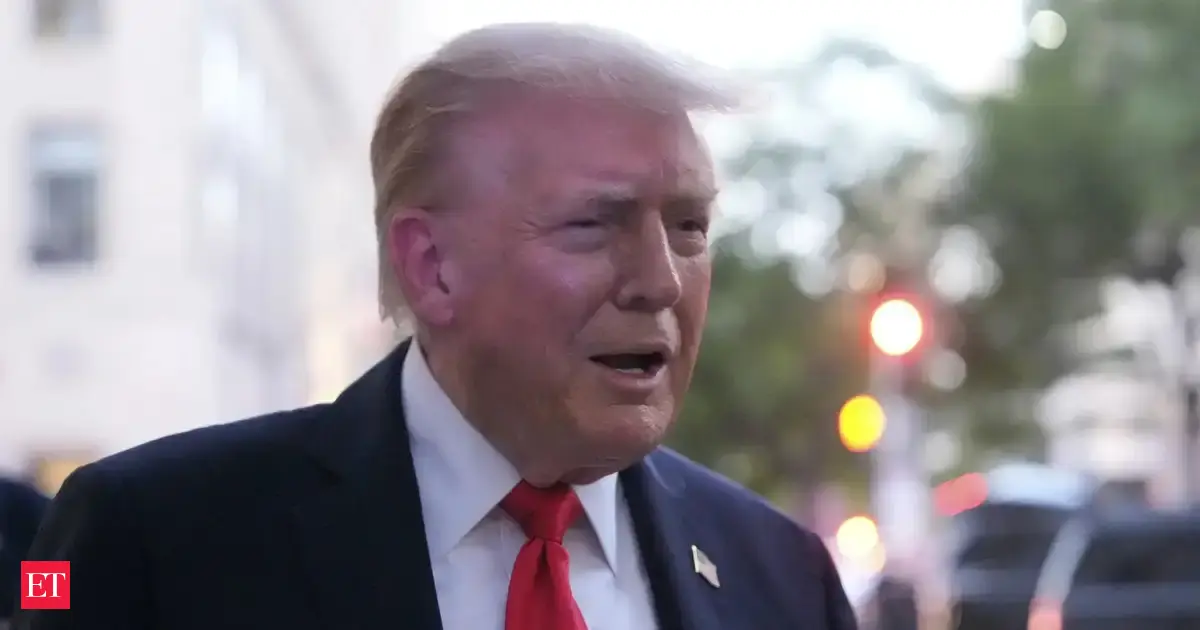By Sean Johnson
Copyright crikey

Dozens of federal MPs have revealed they have a “trust”, which wealthy people use to protect assets from financial claims, with 31 per cent of parliamentarians disclosing they or a family member have at least one.An analysis by Crikey and Open Politics found 156 trusts were declared to the interests register by 70 federal MPs in the 48th Parliament, who all submitted that they or a family member have at least one trust.
A trust helps to preserve or protect a person’s assets, including avoiding challenges on a will. It can also be used to pay less tax or hide assets, as well as managing assets of individuals who can’t manage them themselves due to age or disability. In legal terms, it is an obligation for a person or other entity to hold property or assets for beneficiaries.
Coalition politicians have declared more trusts than any other party group, owning 60% of all those declared on interest registers for members and senators in this parliament. Conversely, Labor pollies own only 28%, despite their greater number of representatives in parliament.
Proportionally, the Coalition has more than three times as many trusts per parliamentarian when compared to Labor.
Our analysis likely understates how many trusts politicians actually have, as senators are not required to publicly disclose their families’ interests. Some politicians also don’t always declare all their interests.
Politicians with the most trusts
As was the case in the previous parliament, Liberal National MP Andrew Willcox from Queensland has the most trusts, disclosing 17 with his wife, a fellow beneficiary.
New Liberal MP Ben Small has declared 10 trusts, though seven are held by his partner (readers may recall that Small also owns the most properties). Liberal MP Jason Wood has declared seven trusts, but is only the beneficiary of one.
Parliament’s second-biggest holders of trusts are Labor MP Libby Coker and Liberal Rick Wilson, both of whom are joint beneficiaries of six trusts with their respective partners.
The tax advantages of trusts
MPs have disclosed various types of trusts to the registers, from discretionary trusts and self-managed super funds through to unit trusts, testamentary trusts and those established for deceased estate and not-for-profit purposes. The first two make up the vast number of trusts on the registers.
As the Australia Institute’s Rod Campbell has explained, a discretionary or family trust enables income from assets — say investment dividends and rental income — to be split among beneficiaries. The trustee can then direct any distributions to beneficiaries on the lowest marginal tax rates, typically adult children, instead of a parent who might be a high-income earner on the top marginal tax rate.
This might account for why so much money churns through trusts. ATO statistics show the total business income of trusts has risen from $201 billion in 2003-4 to $489 billion by 2022-3. The average income of a trust as of 2023 was more than $478,000.
Self-managed super funds (SMSF) are also a good tax lurk, with Campbell highlighting how a business owner can place their business in an SMSF to take advantage of Australia’s generous tax concessions on superannuation.
Crikey does not suggest MPs and their families are using discretionary trusts and SMSFs to lower their tax bills, only that these vehicles offer tax benefits not available to most Australian wage earners.
Hiding assets
Another concern with trusts is that they can be used to conceal the true ownership of assets. A trustee — the person or entity that manages a trust — is the legal owner of its assets, but they only hold them for a trust’s beneficiaries.
A title search on a property or an ASIC company search will only reveal the legal owners, not necessarily the beneficial owners who ultimately own or control the trust’s assets. (This may change with the Albanese government’s proposed beneficial ownership register for trusts, companies and managed investment schemes.)
As a result, an MP can easily avoid declaring to the registers any property or shares held in their family trust as long as they’re not listed as a trustee. Crikey has no evidence that any MPs are doing this, just that the opaqueness of trusts can facilitate such behaviour.
The register rules for members and senators state that shares held in trusts only need to be disclosed if the person in question is able to “exercise control over the right to vote or dispose of those shares”. Normally, only a trustee of a family trust can exercise such control, so if an MP is only a beneficiary, they don’t need to disclose what shares it holds.
These rules do not say whether property held in a trust needs to be disclosed. However, a public official with knowledge of the interests disclosure system told Crikey and Open Politics on background that real estate should technically be disclosed regardless of whether it’s owned directly or through a trust.
Whatever the case, due to loopholes in the rules and a lack of enforcement, MPs can’t be forced to disclose their private interests.
To their credit, several MPs disclose exactly what real estate and shares are in their trusts. But other MPs provide vague descriptions like “investment”, “shares” and “property”, making it difficult to determine whether these assets have been disclosed in the shareholding and real estate sections of MPs’ disclosure statements.
We can only hope the Albanese government has the steel to stare down the 1% and include trusts in the proposed beneficial ownership register.
In the meantime, we have to rely on the goodwill of MPs to comply with the spirit of their disclosure obligations and declare all interests that might conflict with their public duties.
Listen to Sean Johnson discuss trusts and other flaws in Australia’s political transparency system on the Cut Through podcast.



